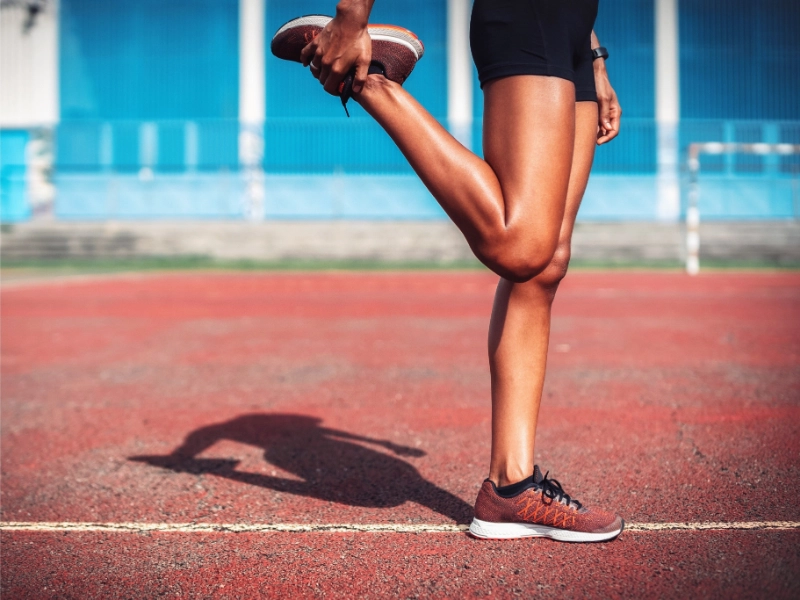Advertisement
1. Weight loss

Advertisement
You may not notice much change in your weight after running, but you may be surprised to find that you burn more calories while working out than you would at home.
Running is a great workout, but it can make losing weight more difficult. To maximize your efforts, find a balance between running and other lifestyle changes that increase your calorie burn.
2. Muscle Building

Running helps build muscle in your glutes, thighs, calves, and hip flexors by subjecting them to the repetitive stress of running on pavement.
The stress causes your muscles to undergo a process known as "physical stress adaptation," or PMA, after which your body begins to rebuild muscle tissue, stimulating growth in both strength and thickness.
3. Endurance

Endurance is the body's ability to sustain physical activity for extended periods of time. It's an essential part of fitness for anyone looking to excel in their chosen sport or workout.
4. Mood

Running increases blood flow to the brain and releases natural mood-boosting compounds, such as endorphins. These hormones are thought to cause the feeling athletes get after an intense workout that they call "runner's high."
Even if you've never run before or haven't had the time to do it in a long time, new research suggests you can benefit from running without any specialized training. Researchers say that just 10 minutes of moderate-intensity running can trigger enough changes in the brain to improve executive function and mood regulation.



